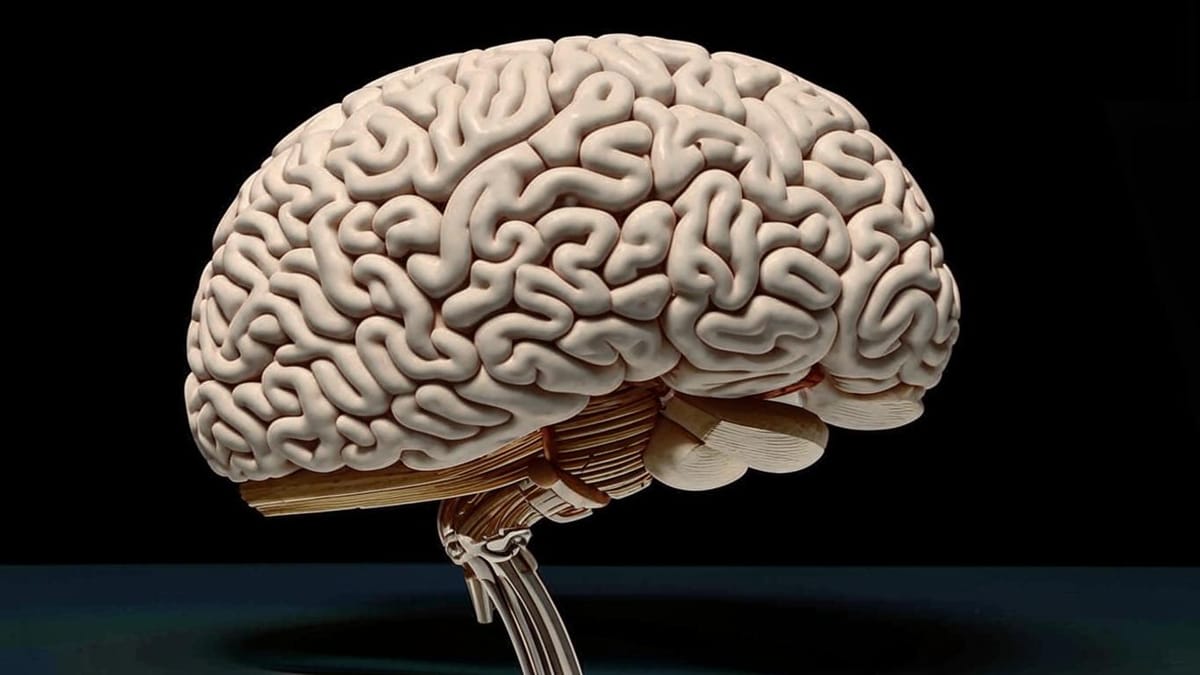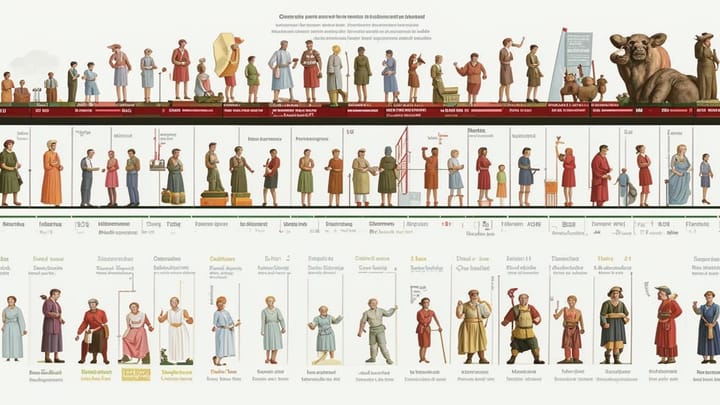Boltzmann Brains in Psychohistory
Could Boltzmann Brains help understanding the creation of (some) human communities?

The concept of the Boltzmann Brain is a fascinating hypothetical idea that arose from discussions about fluctuations in physical systems. It explains the possibility of complex objects, such as self-aware beings, arising randomly as a result of fluctuations within a system. While the idea may seem unusual, it can be applied not only to physics but also to sociology and psychology to explain certain phenomena.
What is a Boltzmann Brain?
The theory originally focused on self-aware objects — hence the term "brain." However, the principle can be applied to other systems as well. The key idea is that a Boltzmann Brain is an object that appears randomly out of chaos, without any external influence, solely as a result of particle-level fluctuations.
The idea is that, over time, random fluctuations can occur in any system — deviations from the norm, so to speak. Although the likelihood of complex objects forming out of random particles is extremely low, in an infinite universe or over a long enough time, such events are theoretically possible. The more complex the structure of the object and the lower its entropy (a measure of disorder), the less likely it is to form spontaneously.
Applying the Boltzmann Brain Idea Beyond Physics
Interestingly, this theory can be applied not only to physical objects but also to social phenomena. In particular, it can help explain the formation of small groups of people that seem to have no clear reason for existing.
Most often, groups of people — such as states, religious sects, or communities — form through evolutionary processes. Their creation is linked to specific social, political, or cultural developments. But what if some groups emerge, in essence, by chance, without any clear causes or conditions? It’s as if the Boltzmann Brain concept from physics could be applied to social processes as well.
The Boltzmann Brain is not only an intriguing physical concept but also a kind of metaphor that can be applied to various aspects of life. It makes us think about how many things may arise randomly, not just through specific causes.
Thus, the theory of the Boltzmann Brain might be of interest not only to physicists but also to those who contemplate spontaneity and randomness in social processes. It shows that even highly unlikely events, whether in the world of particles or among people, can happen.



Comments ()